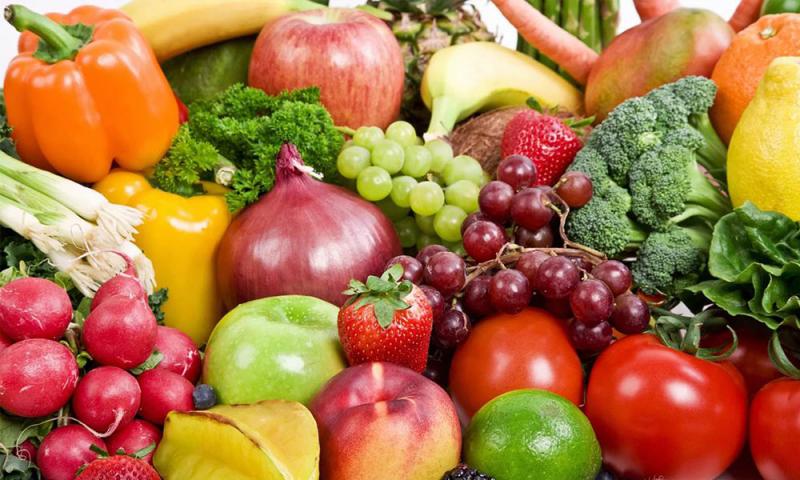LETTER | Better nutrition will boost immunity, protect from Covid-19
LETTER | As the world races to get a slice of a rushed vaccine at a huge cost to economies, we hear of far cheaper and unimaginable alternatives as effective combatants of the Covid-19 virus, from nitrate oxide nasal sprays to a drug called colchicine used to treat gout.
Time will tell us of more breakthroughs for sure, but in the meantime, we must acknowledge that what we eat and how we eat is the ultimate determinant.
The one critical lesson from this Covid-19 pandemic is that we should not sweep under the carpet the fact that Malaysians have very little understanding of food science.
If the coronavirus thrives on the low immunity of humans, then what tradition, common sense and medical science dictate must prevail.
Improving our immune system hence is the most defining defence for humans.
Understanding and improving our immune systems are not confined just to the contemporary world of western medicine.
In fact, much of eastern traditions have volumes of understanding about food science that are the cornerstones of erecting strong immune systems.
Yet the education system is so very flawed that after an entire generation of amateurish political meddling we have raised a population that is today far too ignorant about food science.
We eat anything and everything that is tasty. And only affordability seems to determine what we eat daily.
The rich will boast of the benefits of eating quinoa while the middleclass will pride over processed and fast food. Meanwhile, the poor look for cheap, backyard factory produce that escapes the eye of enforcement.
Is the recent fake halal meat scandal not good enough to convince us?
Malaysians predominantly have no inkling about the vast body of knowledge on food sciences.
All it takes is a social media posting that aloe vera is great and housewives to professors will soon have some pots of it growing on their concrete car porches.
The fact that there are about 250 species of the rumoured panacea, with only four providing health benefits, is not important. That in itself summarises how Malaysians have taken to food science.
It is timely to demand that food science is introduced in our education system from primary all the way through university as a compulsory subject.
This will spawn a whole generation of citizens who will then dictate and influence food production and its related economies as well as domestic consumption.
In the long haul, this knowledge and lifestyle will give Malaysia both a global and national edge. We will be healthier and cost the country less on healthcare.
We will be reliable exporters of produce that the developed world is in short supply.
More important is that we will not only be healthier but more productive, contributing to the resilient progress of the nation.
Unfortunately, we are more disposed to emphasising on religious education and chasing after industrialisation while becoming completely ignorant of and irresponsible towards our bodies, our minds and our environment.
Perhaps all the learned among our academics should start the ball rolling by bringing such discussions into the hallways of policymakers.
The views expressed here are those of the author/contributor and do not necessarily represent the views of Malaysiakini.
RM12.50 / month
- Unlimited access to award-winning journalism
- Comment and share your opinions on all our articles
- Gift interesting stories to your friends
- Tax deductable
